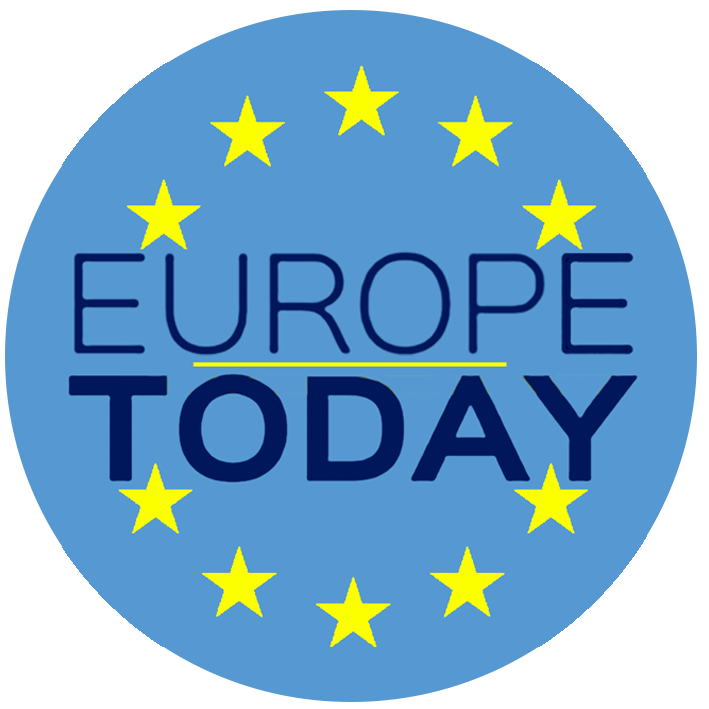
by Roberto Sommella
It is about time we admitted that things about the Euro and the European Union building have not gone as planned. In Italy, a EU country founder, eurosceptics movements and political parties are growing and there is a risk that they will get stronger in the forthcoming months. Eurostat data show how between 2001 (birth year of the Euro) and 2015, the per capita GDPs of Eastern countries of the EU grew far more than that of those belonging to the eurozone , whose GDPs were all below Germany’s +15%, with the only exception of Ireland (+24%) and with Italy lagging behind (- 8%).
As future polls in Europe could issue verdicts even more worrying than Brexit itself, it’s time to lay cards on the table. Those who still believe in a united Europe must come forth with solid, convincing arguments for the millions of Italians, French, Germans who no longer hide their open euroscepticism.
In my opinion, there are at least 5 positive arguments to remain in the Euro. The first is the one usually given with a shrug: though intricate, agreements, treaties and alliances within the EC have brought peace to Europe in the last 70 years, after two World Wars, millions of deaths and the horrors of the Holocaust. Those who claim that it is precisely the Union that will cause yet another conflict, do not know what they are saying and cannot prove it, either – it is in fact all the more probable that worse conflicts in Eastern Europe were avoided during the migrant crisis because these countries belonged to the EU.
Secondly, those who wish on the return to national borders and currencies do not see how natural European identity is to millions of young people born in the new millennium and how they study, train and often find a job thanks to the many EU Commission programs. Europe is their homeland, the Euro is their currency and freedom of movement is their passport. Can national governments currently offer them more ?
A third consideration regards the single currency. The euro broke the dollar monopoly and set new rules in the balance of powers in trade relationships with big countries and their economies. It is an imperfect, yet strong currency. All Central Banks include the Euro in their reserves and its exchange rate with the dollar has often been the cause of more than one arm wrestling – all this proving its solidity.
A fourth argument to once more say yes! to the EU has to do with interest rates and how they fell after 2002. In Italy, the spread with German bonds in the first years of the new millennium was equal to zero. The fact that the Italian government did not seize this opportunity to reduce the burden of its public debt cannot prevent us from seeing that many Italians were able to negotiate far more advantageous mortgages to buy their houses, thanks to the lower cost of euro money. Those who suggest a return to the lira so as to have the Bank of Italy buy back the whole of the public debt forget that this is no longer possible since the “divorce” from the Treasury, which took place long before Maastricht.
Lastly, a final consideration. Many among us have criticized Germany’s excessive leadership in Europe. Berlin believes that what is good for its economy, is also good for the economies of the other European countries. Many have spoken – without much joking – of a “Fourth Reich” to describe the country’s hegemony in the leadership of Europe. They forget that, without the ties that link it to the European Union, Germany would act just the same, free as a panzer in the plains – would this be an advantage to Italians, French and even Brits ?
Roberto Sommella, Journalist, Chief of External Affairs on Italian Antitrust. Corriere della Sera, Avvenire, Milano Finanza, HuffPost. Nuova Europa Founder. Honorary citizen of Ventotene, the birth place of the Ventotene Manifesto. Author of several books.The latest one “Euxit. Emergency exit for Europe” is one of the few Italian books about Europe edited in English. (https://www.amazon.it/Euxit-Emergency-exit-Europe-English-ebook/dp/B07B3W22R7).

